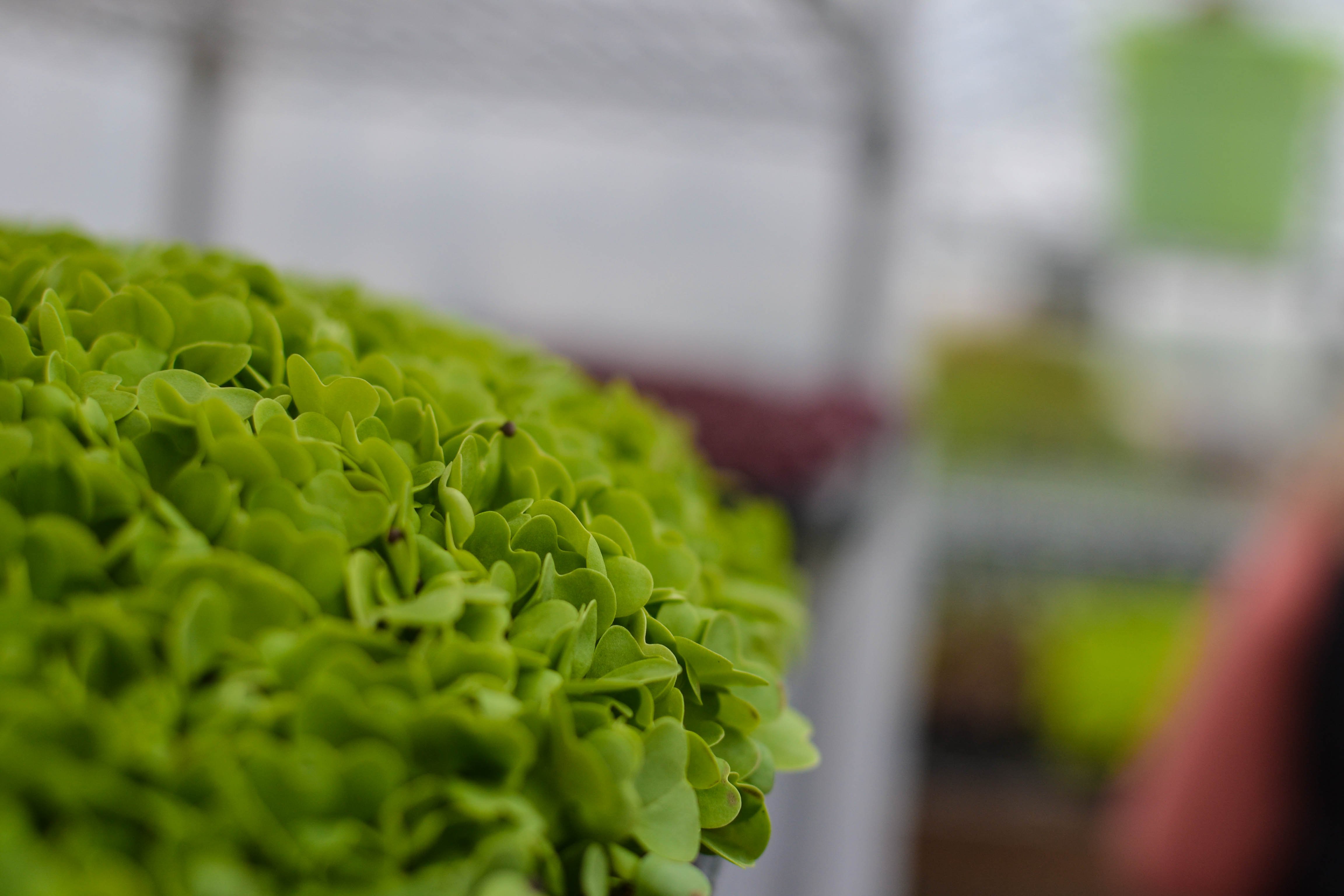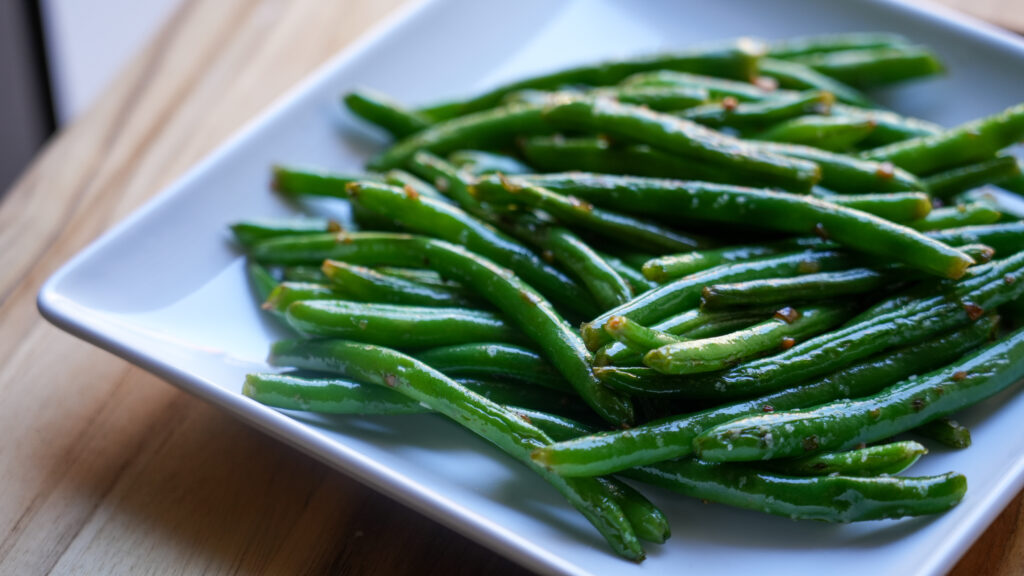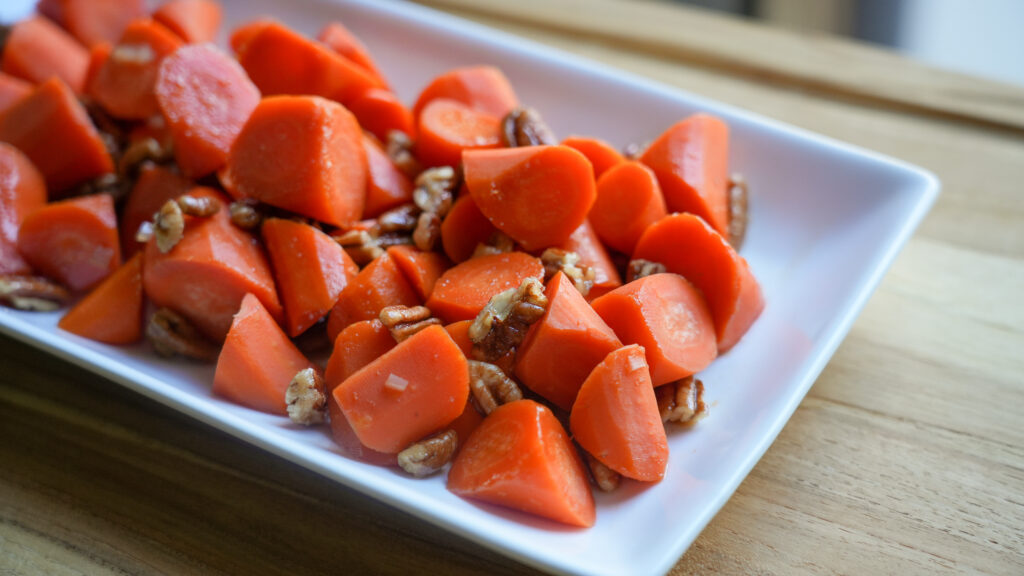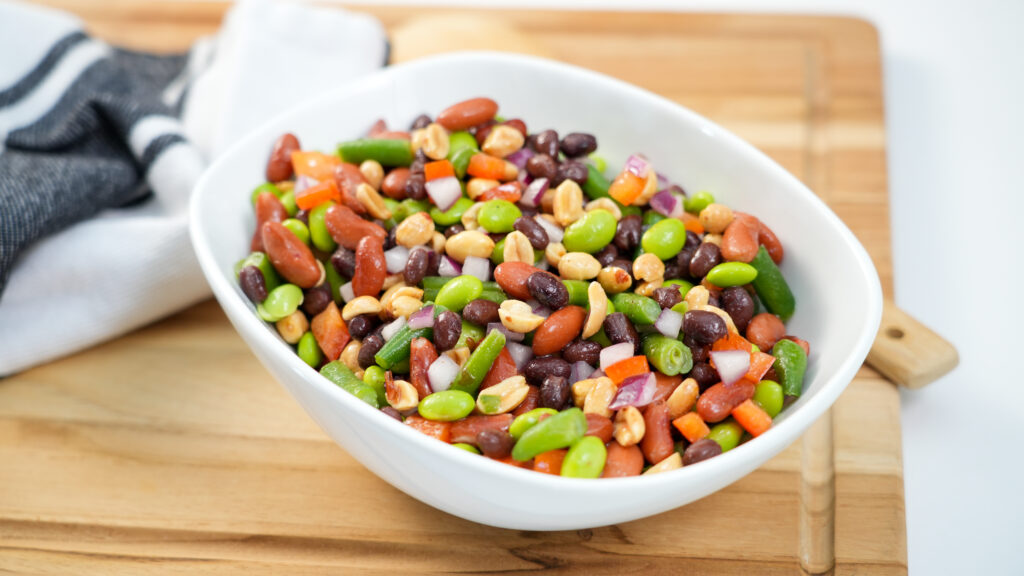This conversation is sponsored by The US Farmers & Ranchers Alliance, but the opinions and text are all mine.
When you think of startups, it’s easy to point to places like San Francisco or New York, but a new wave of startup innovation is happening in the Midwest. Typically thought of as flyover state, Nebraska is becoming home to several startups that focus on Ag tech. For many of us, we continue hearing that new technology may be the answer to help feed the world. Farming faces a broad range of challenges and technology companies are focused on many of the largest ones.
But what exactly is needed and what technologies are changing the nature of farming?
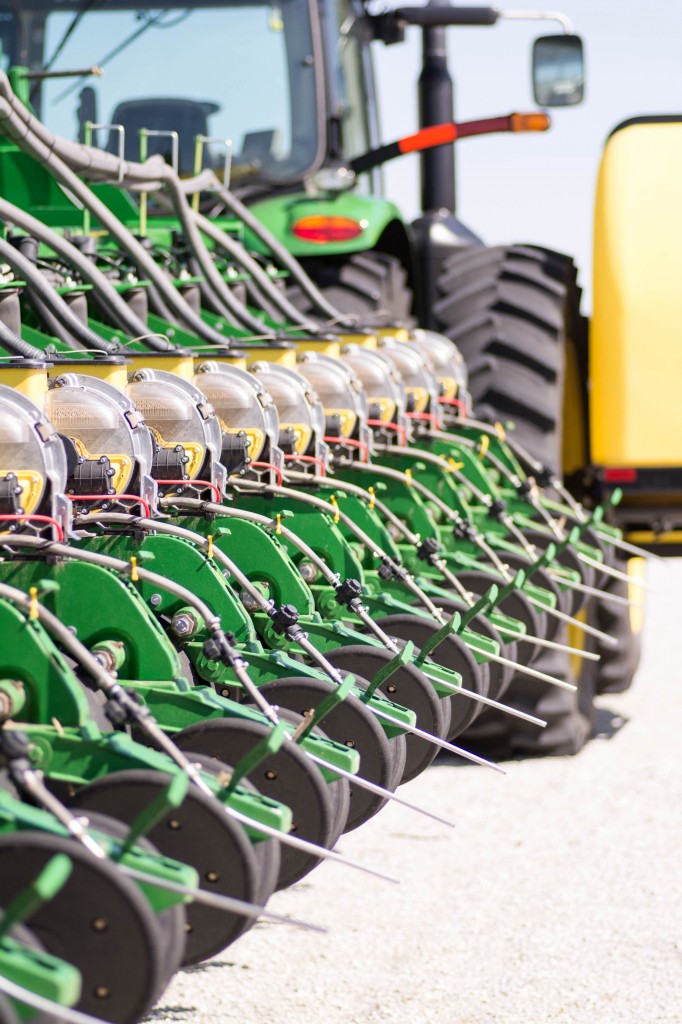
Monitoring
Monitoring farmland and livestock is challenging, as it’s often impossible to get consistent, accurate information about each plant or animal. New monitoring technology involves drones, which can capture more accurate information about how plants are growing, detecting photosynthesis, irrigation and the amount of weeds in a plot of land. New drone technology and reduced regulation on drones have allowed them to be packed with sensors and managed easily. Additionally, startups like Quantified Ag known as “Fitbit for cattle” track how animals are moving in order to detect illness faster, potentially reducing treatments with antibiotics.
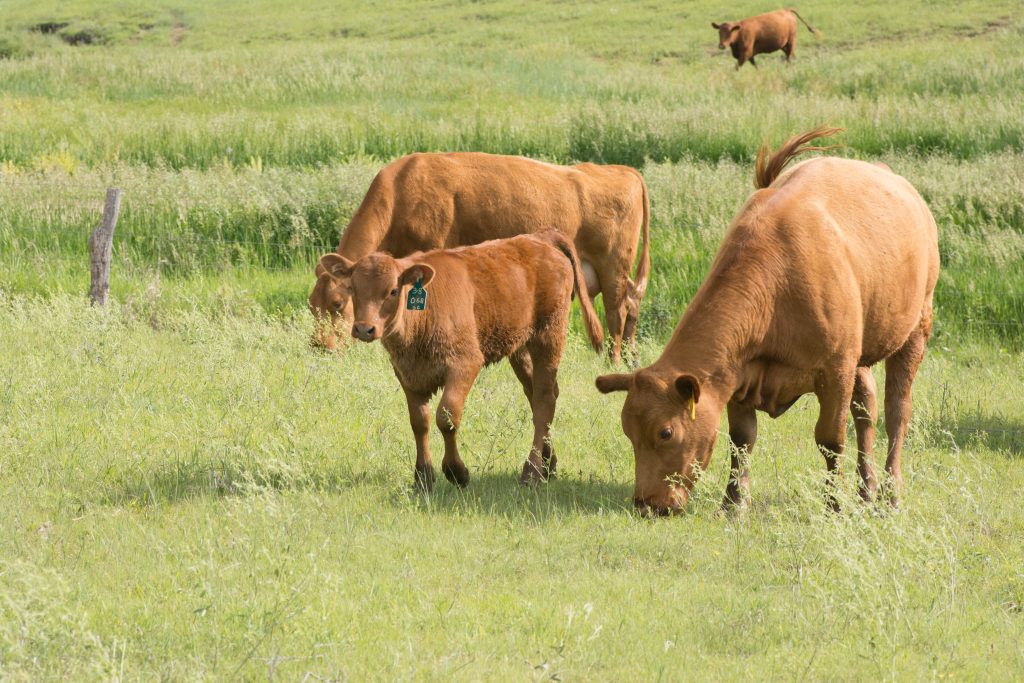
Precision Measurements
If you have toured a farm recently, you know the care a farmer takes in measurements with water, crops, fertilizer and even the spacing of each plant is measured to the millimeter. Understanding the conditions that can be controlled, such as placement of seeds, irrigation and fertilizer application is important, but equally important is understanding and predicting weather patterns. Companies like Climate Corporation are helping predict weather patterns while Aerofarms simulates conditions indoors to understand how plants can react to everything from different light patterns to micromanaging temperature. Today’s tractors are providing much more information as feedback and can automatically regulate planting and feedback to the farmer in near real-time. Center pivots, the preferred method of irrigating corn in much of the world, are no longer being controlled by turning on the water like your garden hose. Instead, they are controlled from smartphone apps and websites to get precise water measurements and gain efficiencies.
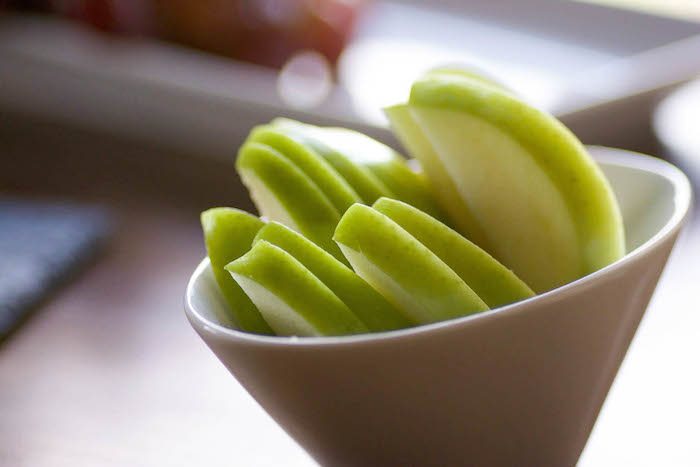
Microbiology and genetics
Understanding plant and animal genetics is critically important to the future of farming. Many farmers are employing new instruments to understand the precise nutrients in soil to determine deficiencies and the appropriate seeds to plant to maximize yields. Additionally, more is being done to discover traits that can help plants resist pests and disease. Advances in plant breeding and genetic engineering have helped scientists develop apples that don’t brown or bruise, potatoes that don’t bruise and produce less acrylamide (reducing the amount of a carcinogen that is produced when the potato is fried) and even broccoli that is higher in antioxidants. As a Registered Dietitian, I’m excited about how advances in plant genetics can help eliminate food waste, and lead to more nutritious and better tasting produce.
It’s exciting to see the innovations that help farmers and producers do more with less. The environmental challenges are great, but farmers now have access to tools that can help them monitor, be more precise, and produce more creatively than ever before. The future of agriculture will produce not only more food, but will be more nutritious and sustainable for future generations.
